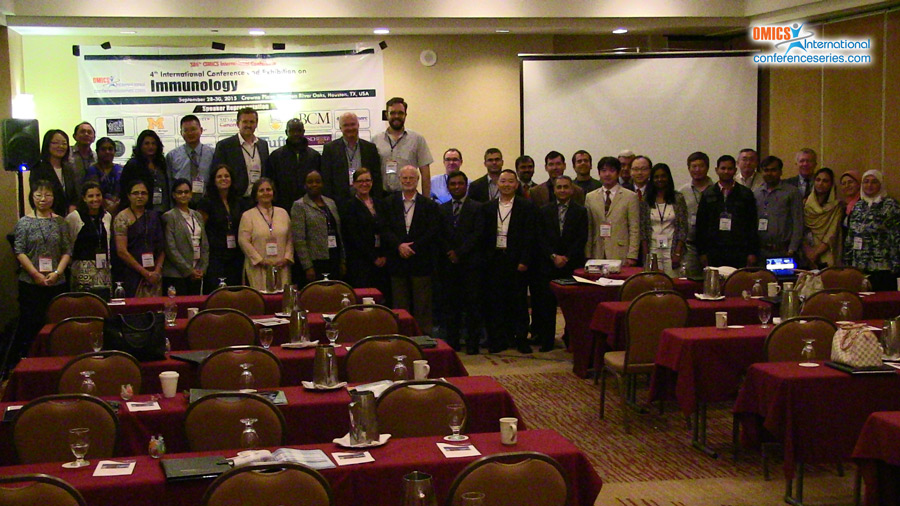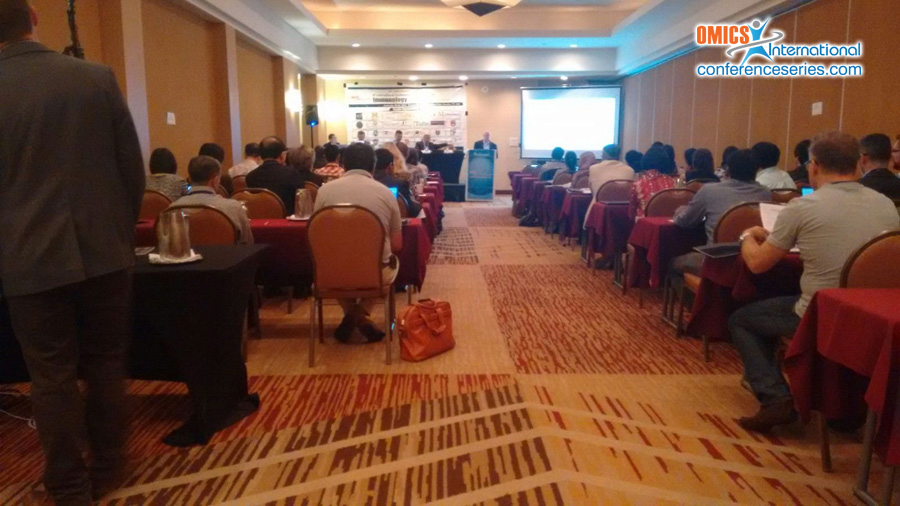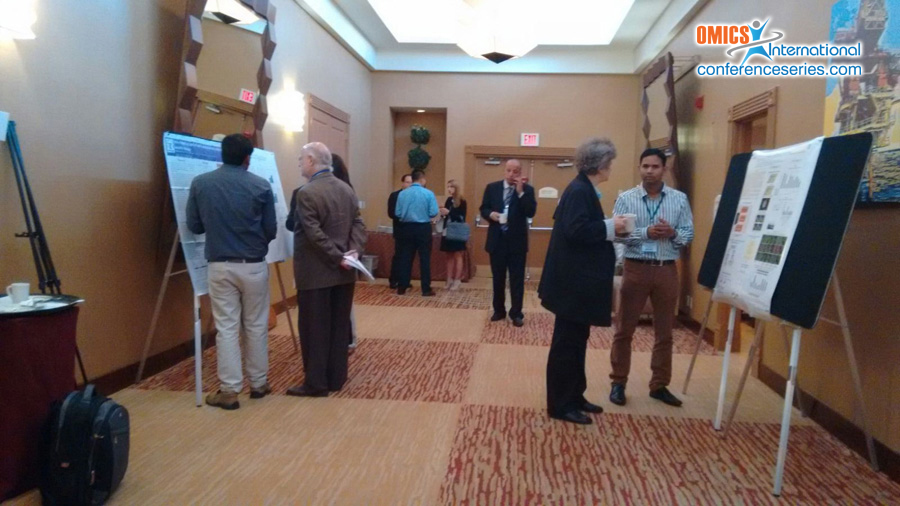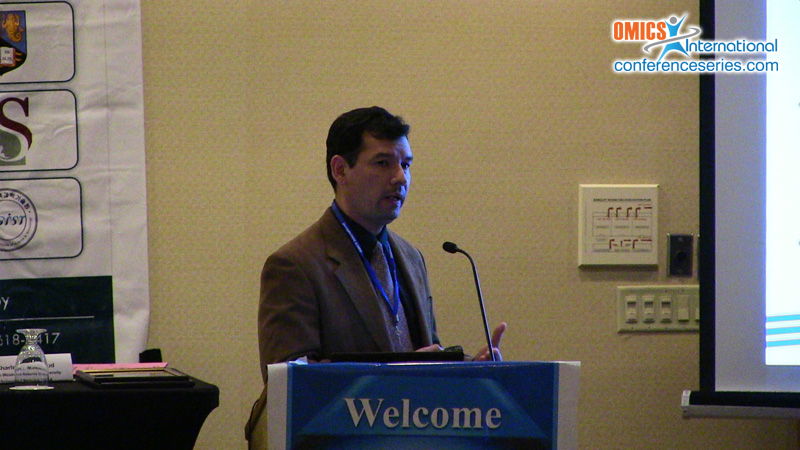
Omar E Franco
Northshore University Health System Research Institute, USA
Title: Heterogeneous tumor stroma and prostate carcinogenesis
Biography
Biography: Omar E Franco
Abstract
Prostate cancer cells are surrounded by a complex tumor microenvironment. The stromal cells present in the vicinity of cancer cells and the extracellular matrix they deposit, play a key role in restraining or promoting tumorigenesis. We and others have shown that carcinoma associated fibroblasts (also known as CAF or reactive stroma) populations seen in human tumors are not, in fact, homogeneous, but, rather are mixed cell populations. Observations of human prostate tumors suggested that impaired TGFβ signaling in a proportion of normal human prostatic stromal cells is responsible for the pro-tumorigenic phenotype described in CAF. Our research was performed using fibroblasts derived from patient samples undergoing radical prostatectomy. Primary cell lines representing normal prostate fibroblasts (NPF) or CAF were generated. The non-malignant but initiated prostate epithelial cell line BPH1 was used to assess for paracrine tumor-inducing activity related to the fibroblasts. To evaluate the role of stromal TGFβ signaling we generated fibroblasts expressing the dominant negative TGFβR2 (DN) using a lentiviral system. Tissue recombinants composed of combinations of different stromal cells in the presence of epithelium were grafted beneath the renal capsule of SCID mice for 6-8 weeks. Macroscopical and histological analysis of the architecture as well as characterization of relevant downstream pathways was performed. Recombinants of NPF and BPH1 cells gave rise to small grafts composed of small, non-invasive cords. Stromal mixtures lacking at least 50% of proper TGFβ signaling were able to promote malignant transformation of the reporter prostate epithelial cell line. There was a robust infiltration of inflammatory cells correlated with the occurrence of tumors in our in vivo system. Tissue samples from prostate cancer patients and CAF/BPH1 recombinants showed mosaic TGFβ signaling activation depicted by phospho-Smad2 staining; supporting the notion of a mixed tumor microenvironment. In vitro studies showed that normal-looking fibroblasts cooperate with the impaired stroma in the secretion of factors commonly disregulated in cancer such as the chemokine SDF1α, little is known about the cross-talk between subpopulations of stromal cells in the tumor microenvironment. Our data supports the idea that heterogeneity (in this study TGFβ signaling) within fibroblastic populations can elicit local changes in paracrine signaling resulting in malignant changes in benign prostatic epithelial cells. A clear understanding of the role of the normal stroma and the complex interactions between different stromal cell types during carcinogenesis is required to develop better therapeutic strategies.
Speaker Presentations
Speaker PDFs
Speaker PPTs Click Here




